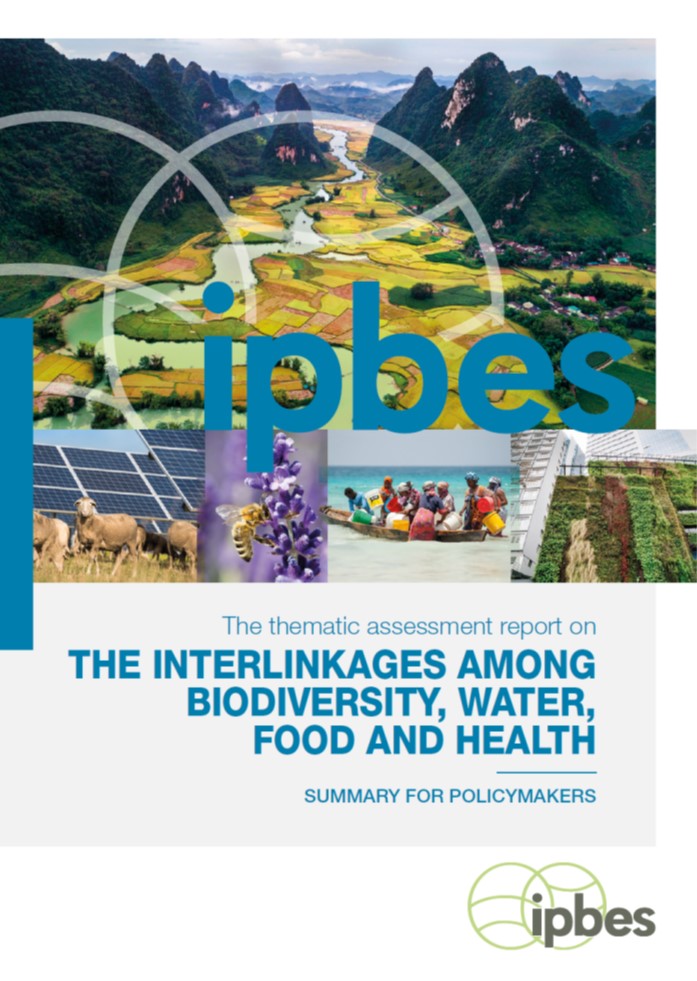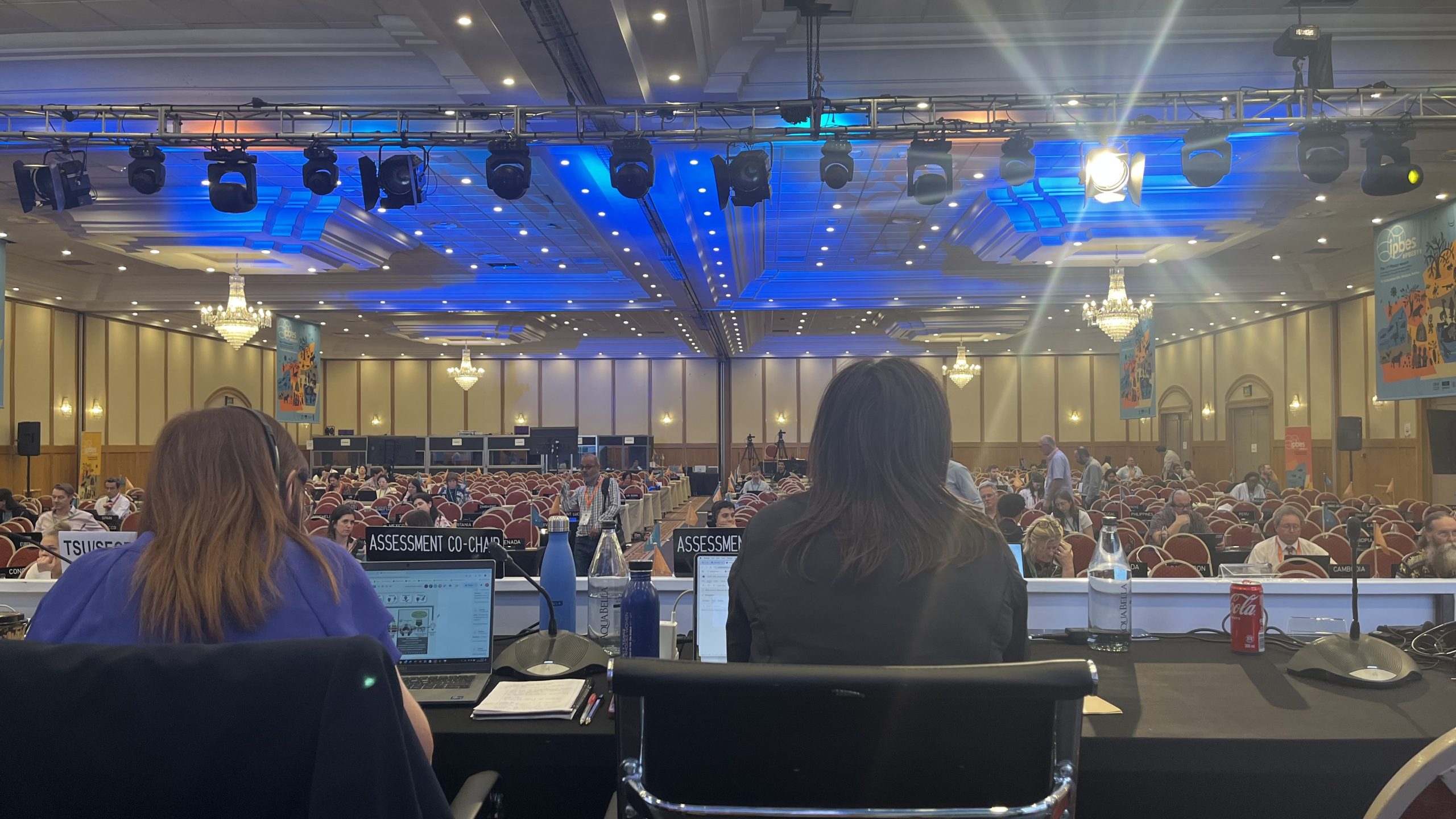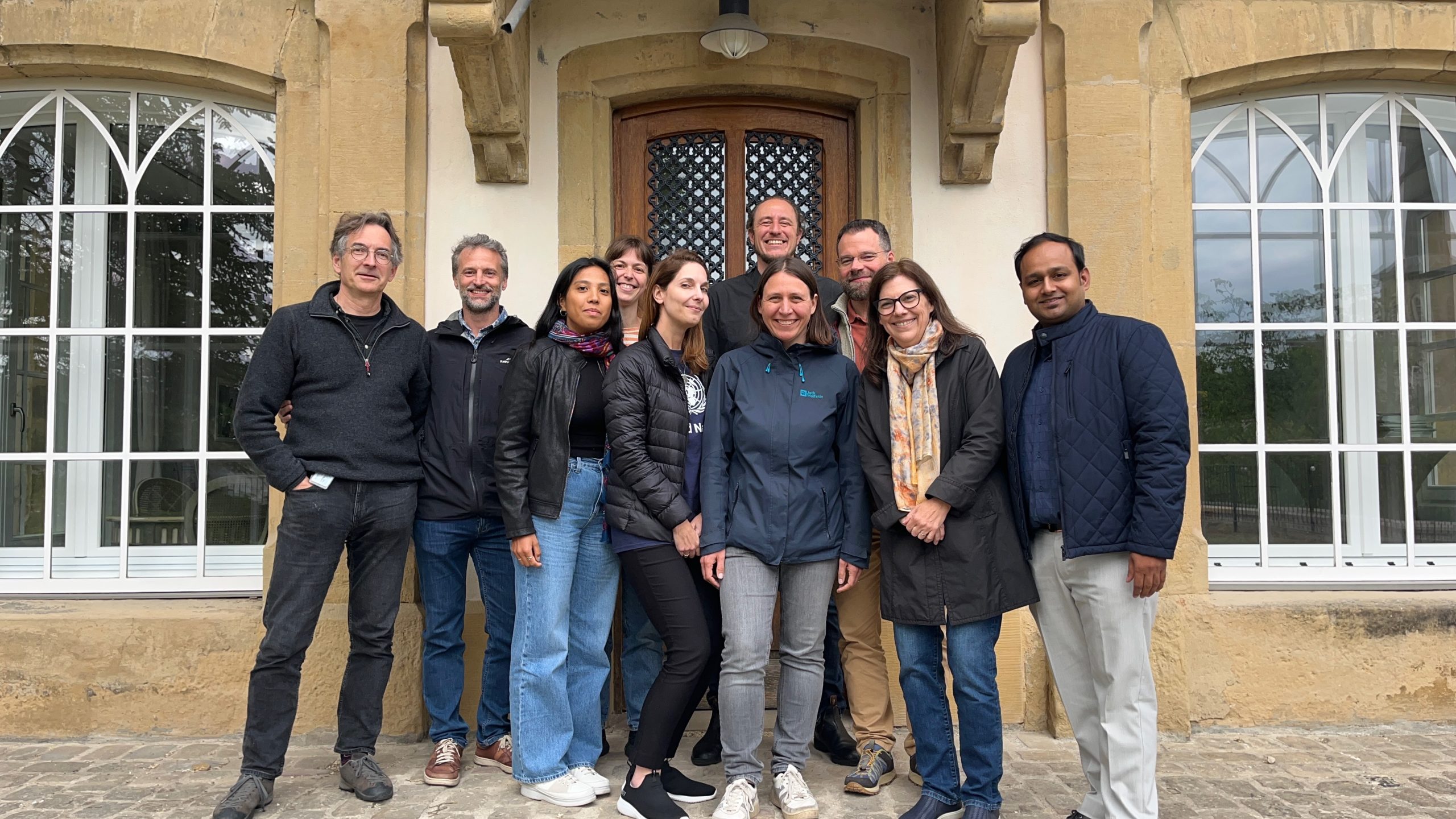Connecting the dots: from scientific findings to policy impact
Why science-policy communication is integral to LCSES
Knowing that decision-making needs to be grounded on evidence and the best available knowledge, science-policy communication is not an add-on to LCSES but is embedded in how we do research, think and collaborate. While publications are the currency of science, making those decisive for decision-makers, requires tailoring findings accordingly. The team at LCSES consequently ensures that robust scientific evidence informs decisions that shape climate, biodiversity and socio-environmental systems.
By designing the research processes that connects evidence to action, LCSES helps building trust, foster relevance and boos usability of science findings. We see communication not as dissemination only, but as co-creation – where researchers, policymakers and partners shape knowledge together, shown in for instance in our engagement in the Luxembourg Climate Policy Observatory (OPC).
International multilateral fora matter for LCSES
LCSES engages with international science-policy platforms such as the IPCC and IPBES. Those platforms or panels assess and synthesise global evidence to inform climate and biodiversity governance. Their outputs, the Assessment Report and more specifically the Summary for Policymakers (SPM), shape national priorities, funding flows and public narratives.
Through engaging in these processes, LCSES connects Luxembourg’s research to global decision-making. Our researchers bring experience from IPBES and IPCC assessments and we actively follow the evolution of science-policy interfaces in multilateral settings. This engagement is strategic. It allows LCSES to anticipate emerging policy needs, align with international standards and amplify the visibility of Luxembourg’s science diplomacy. We see multilateral platforms not just as venues for reporting but as levers for influence and learning.
-
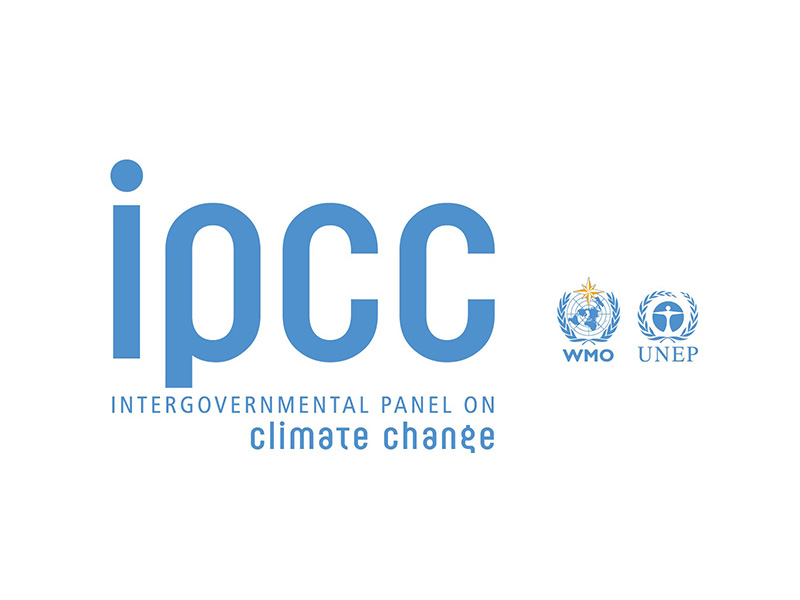
IPCC – Intergovernmental Science-Policy Panel on Climate Change
As an intergovernmental body of the United Nations the Intergovernmental Panel on Climate Change (IPCC) informs governments about the state of knowledge of climate change. It does so, by examining most recent relevant scientific literature on the subject synthesizing thousands of peer-reviewed studies into Assessment Reports and Summaries for Policymakers (SPMs). Based on that, the UNFCCC for instance reached a milestone in 2015 with the Paris Agreement at COP 21, where 195 Parties committed to limiting global temperature rise to well below 2°C – and ideally 1.5°C – above pre-industrial levels. This was the first legally binding international treaty on climate change.
LCSES supports the Technical Support Unit (TSU) of IPCC working group III in the upcoming assessment cycle, which focuses on climate change mitigation. By engaging with the IPCC, LCSES strengthens Luxembourg’s scientific presence in global climate governance and helps local actors interpret and apply IPCC findings – bridging the gap between global assessments and national action.
-
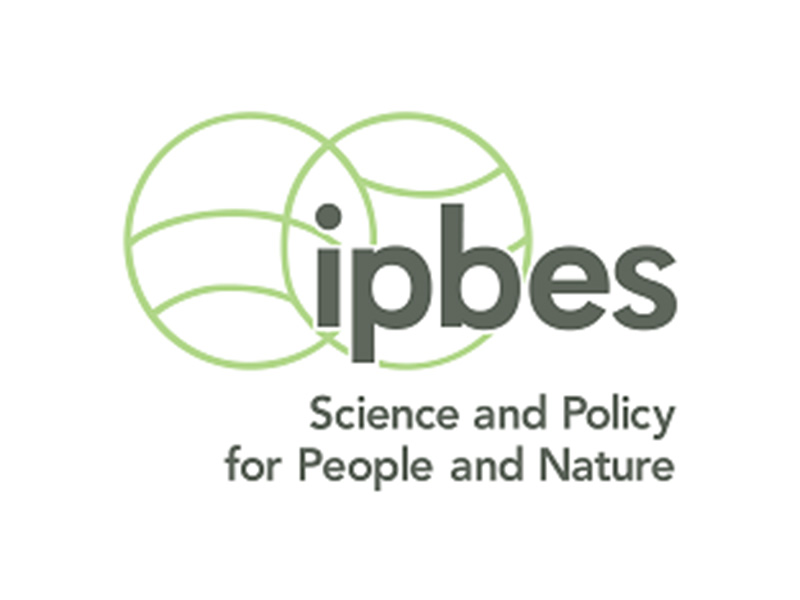
IPBES – Intergovernmental Science-Policy Platform on Biodiversity and Ecosystem Services
The Intergovernmental Science-Policy Platform on Biodiversity and Ecosystem Services (IPBES), was established to synthesise the evidence needed to support the work of the UN Convention on Biological Diversity (CBD), which aims supporting conservation of biological diversity; enabling sustainable use of nature’s goods and service and achieving a fair and equitable sharing of benefits arising from genetic resources. IPBES is frequently seen having a similar role as IPCC. Milestone reports have been the 1st Global Assessment proving input to the negotiation of the Kunming-Montreal Global Biodiversity Framework (2022) and the EU Nature Restoration Law (2024).
LCSES researchers bring experience as lead authors for IPBES assessments, including the Global Assessments and the Nexus Assessment.
-
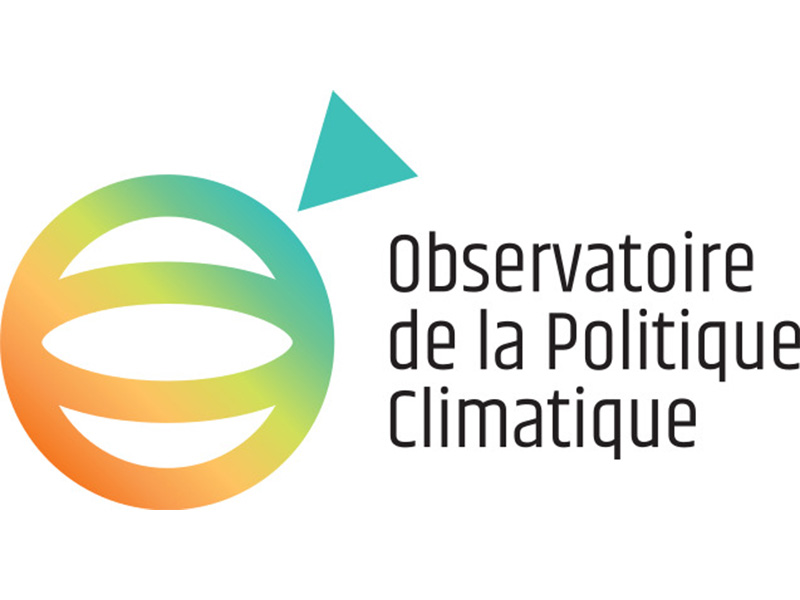
OPC – Luxembourg Climate Policy Observatory
Founded in 2021, the Observatoire de la Politique Climatique (OPC) is Luxembourgs national science-policy interface for climate. It provides independent analysis, policy monitoring and strategic advice to support the country’s climate commitments and energy transition. In May 2025, the OPC published a public opinion survey on climate change and action in Luxembourg offering insights into societal perceptions and priorities. Recent OPC opinions have stressed the need for interministerial coordination, as climate risks increasingly intersect with national security, health and economic resilience.
As member of the OPC Scientific Council, LCSES scientists contributes to connecting national policy processes with international standards and scientific evidence – reinforcing Luxembourg’s capacity to deliver informed, forward-looking climate strategies.
